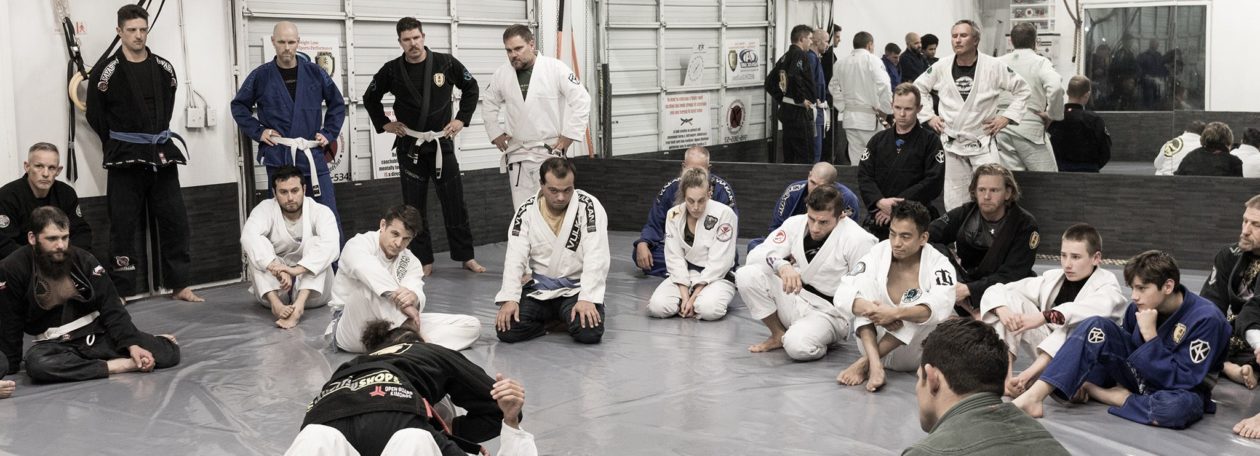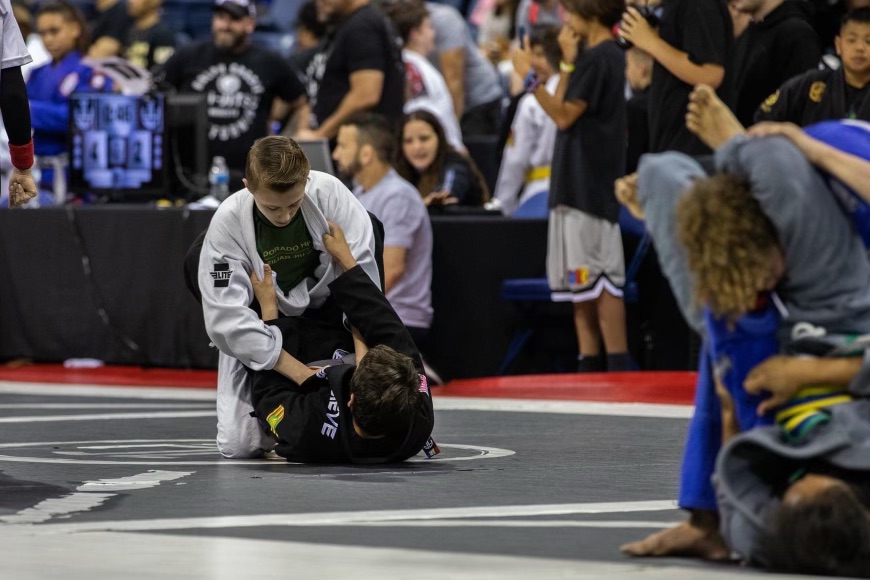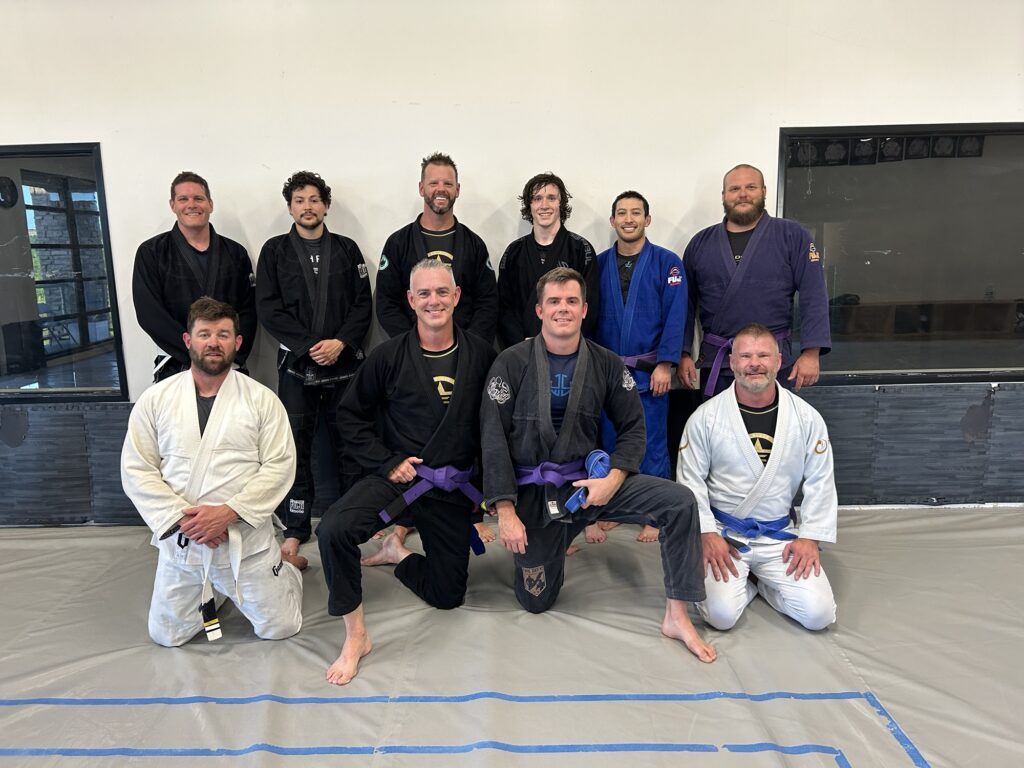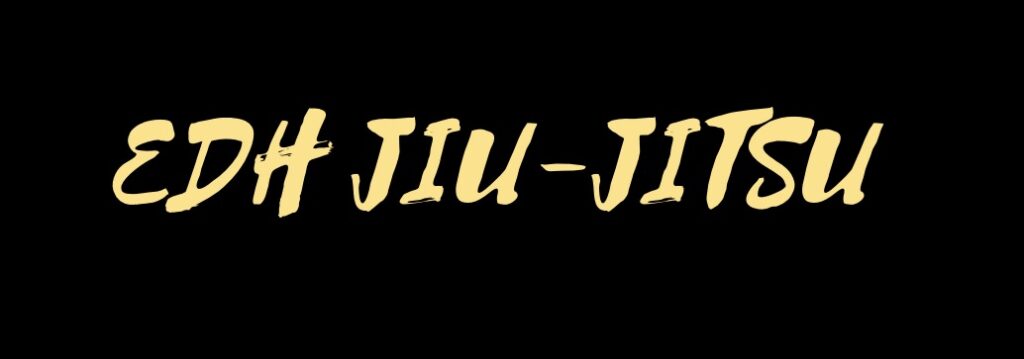
At El Dorado Hills Jiu Jitsu, our practice extends beyond the physical techniques of martial arts. We are deeply rooted in the philosophies that have shaped martial arts over generations, particularly those introduced by Kano Jigoro, the founder of Judo. Two of his core principles, Jitakyoei and Seiryoku Zenyo, resonate with our approach to training and community.
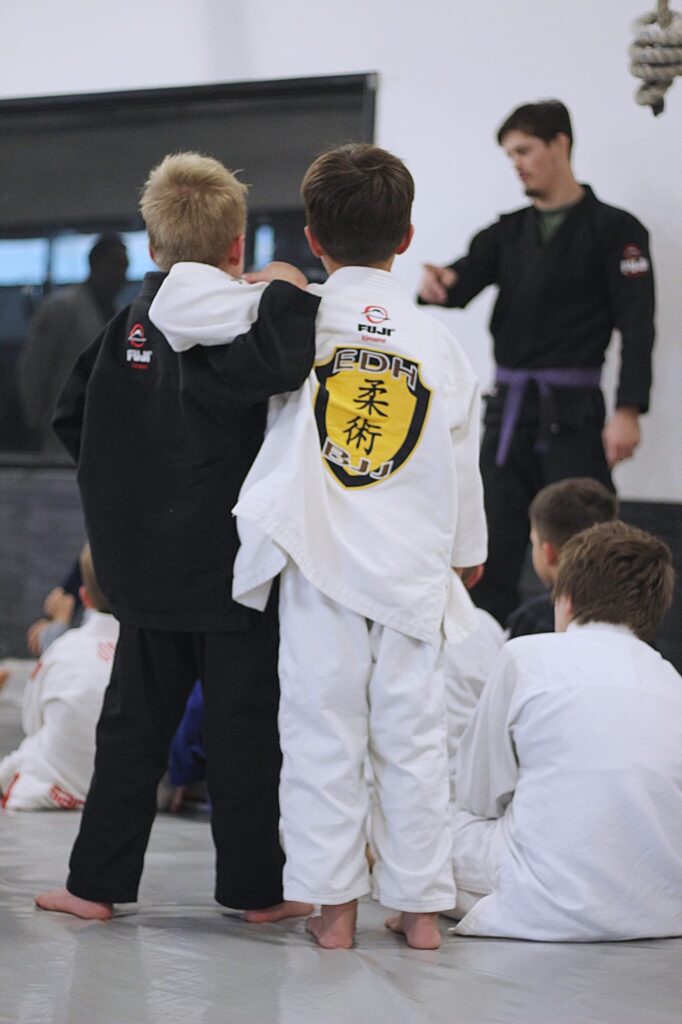
Jitakyoei: Mutual Welfare and Benefit
The concept of Jitakyoei translates to “mutual welfare and benefit.” It emphasizes the idea that true progress in martial arts—and life—comes from cooperation and mutual respect. This principle is foundational in our dojo, where training isn’t just about individual advancement but also about helping others grow.
In practice, Jitakyoei means that every technique we learn is done with the well-being of our training partners in mind. It’s not just about executing a move but understanding how to do so safely and effectively, ensuring that both parties benefit from the experience. This philosophy fosters a supportive environment where everyone, regardless of skill level, can thrive.
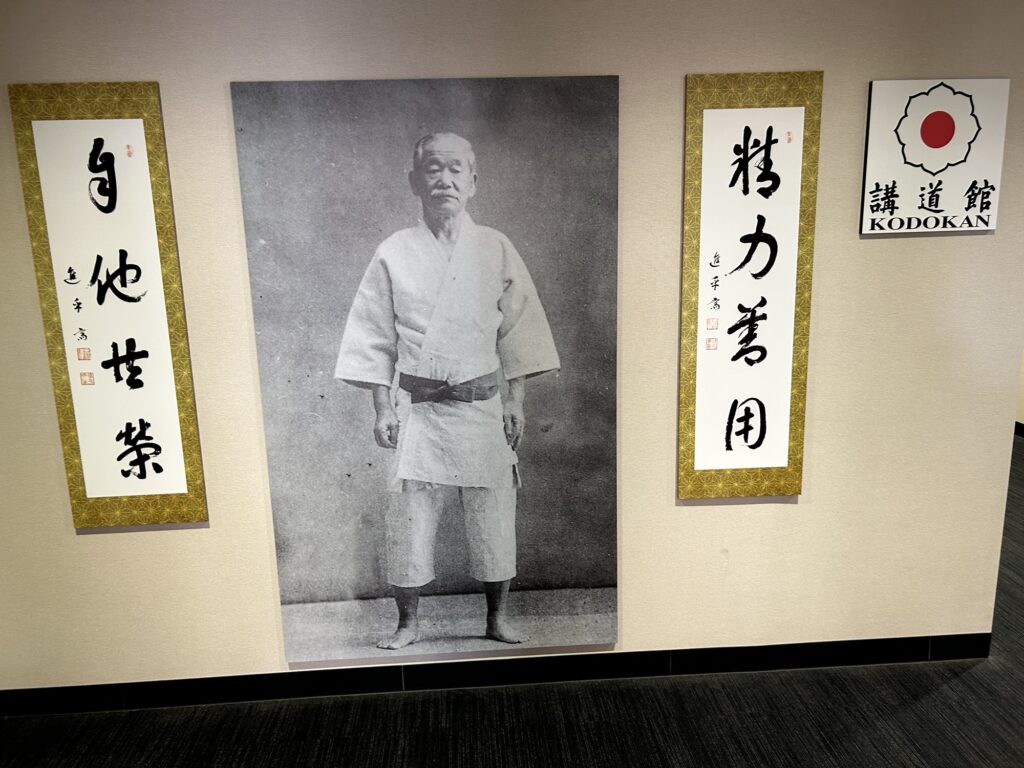
Seiryoku Zenyo: Maximum Efficiency, Minimum Effort
The second key principle, Seiryoku Zenyo, is often translated as “maximum efficiency, minimum effort.” This concept is the cornerstone of not just Judo but many martial arts, including Brazilian Jiu Jitsu. It teaches us to use our energy wisely, focusing on techniques that allow us to achieve the greatest results with the least amount of effort.
At El Dorado Hills Jiu Jitsu, Seiryoku Zenyo is a guiding principle in every aspect of our training. Whether it’s perfecting a sweep, executing a submission, or even deciding when to engage or disengage, we constantly strive to use our physical and mental resources efficiently. This approach not only enhances our technical skills but also prepares us to apply the same mindset in our daily lives—making the most out of every situation with minimal waste of energy.
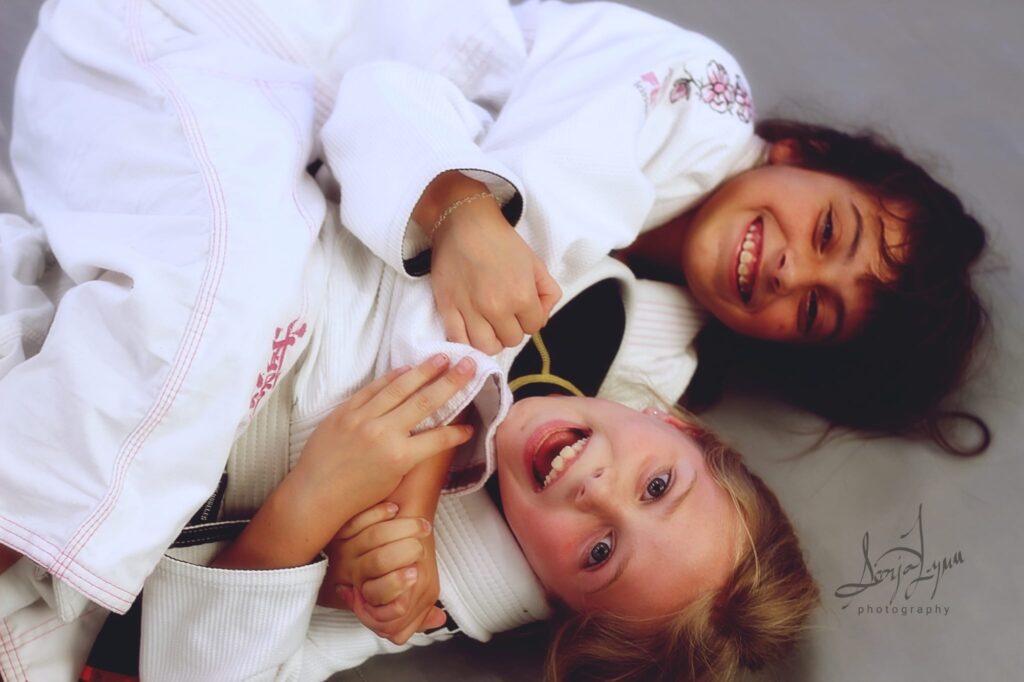
Integrating Jitakyoei and Seiryoku Zenyo
Together, Jitakyoei and Seiryoku Zenyo form a balanced philosophy that guides our actions on and off the mat. Jitakyoei reminds us of the importance of community, cooperation, and mutual growth, while Seiryoku Zenyo encourages us to be mindful of how we apply our efforts, ensuring that our actions are both effective and sustainable.
By embracing these principles, we not only become better martial artists but also better individuals—capable of contributing positively to our community and navigating life’s challenges with wisdom and efficiency.
At El Dorado Hills Jiu Jitsu, we honor these philosophies daily, ensuring that our training is not just about learning techniques but also about cultivating character, respect, and a deeper understanding of the art and its application in life.

